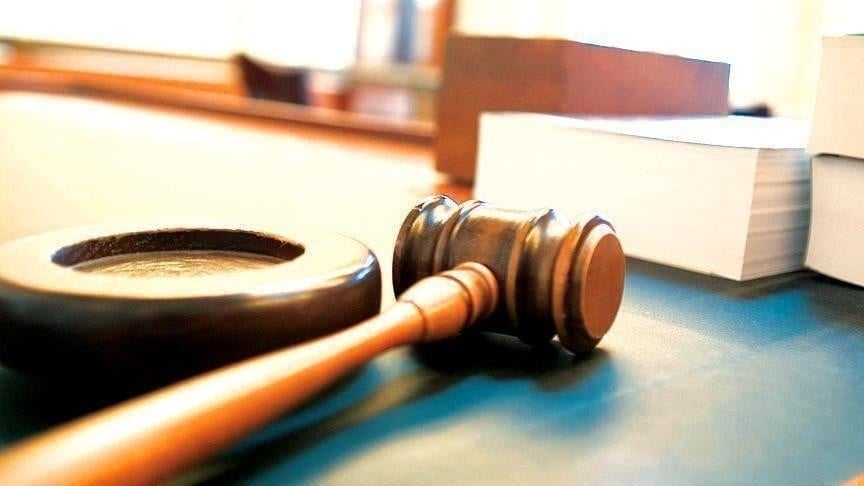In Islamabad, the Supreme Court made it clear that it was determined to support the February 8 general elections by overturning the LHC’s decision. This was a firm strike of the gavel that could make it harder for other high courts to overturn future Supreme Court decisions.

In addition, when the Supreme Court is resolute on an issue, it is very hard for important people to change the way the court is acting.
The Lahore High Court’s decision to stop the Election Commission of Pakistan (ECP) from letting the executive choose DROs and ROs has been thrown out by a three-judge bench led by Chief Justice of Pakistan (CJP) Qazi Faez Isa.
The meeting sent a strong and clear message to all high courts, stressing the supreme court’s unwavering determination to hold polls on time and making it clear that no one would be allowed to delay them for any reason.
When the supreme court makes a decision about a problem, it is very hard for other high courts to disagree with or challenge that decision.
While Asif Saeed Khosa was CJP, the Supreme Court wanted to finish the treason trial against former military leader Pervez Musharraf. However, no other high court could get involved.
On the other hand, the LHC ruled that the treason trial was illegal soon after Khosa retired as chief justice.
The Supreme Court, which is run by CJP Qazi Faez Isa, has made it clear that the elections must happen on February 8.
In spite of this, many requests were made to high judges to delay the trial. The Islamabad High Court (IHC) heard one of these petitions last week. After this, a lawyer for the PTI filed another plea with the Lahore High Court.
Judge Babqar Najfi put out an order that stopped the voting process for now. There is now a discussion about why the LHC got involved in the case after the Supreme Court told them not to.
A top PTI lawyer also said that he didn’t want the petition to be filed in the high court, which slowed down the election process.
A part of the PTI also wants to avoid holding polls while CJP Isa is in office. They have high hopes for Justice Ijazul Ahsan, who will be the next Chief Justice.
In the meantime, Justice Athar Minallah has already said some strong things about the delay in the general elections. The judges in the Supreme Court know that if they don’t hold the elections within 90 days, it will hurt their image. They are already getting a lot of bad press for letting people be tried in military courts.
To get back the backing of lawyers and members of civil society, they need to promise that the elections will not be delayed.
The court told Umar Ata Bandial to hold general elections on May 14, but he couldn’t do it. The problem wasn’t opposition from the elite; it was disagreements within the Supreme Court.
CJP Isa, on the other hand, is determined that his impact will be defined by his dedication to making sure elections happen on the date set by the Election Commission of Pakistan (ECP).










































